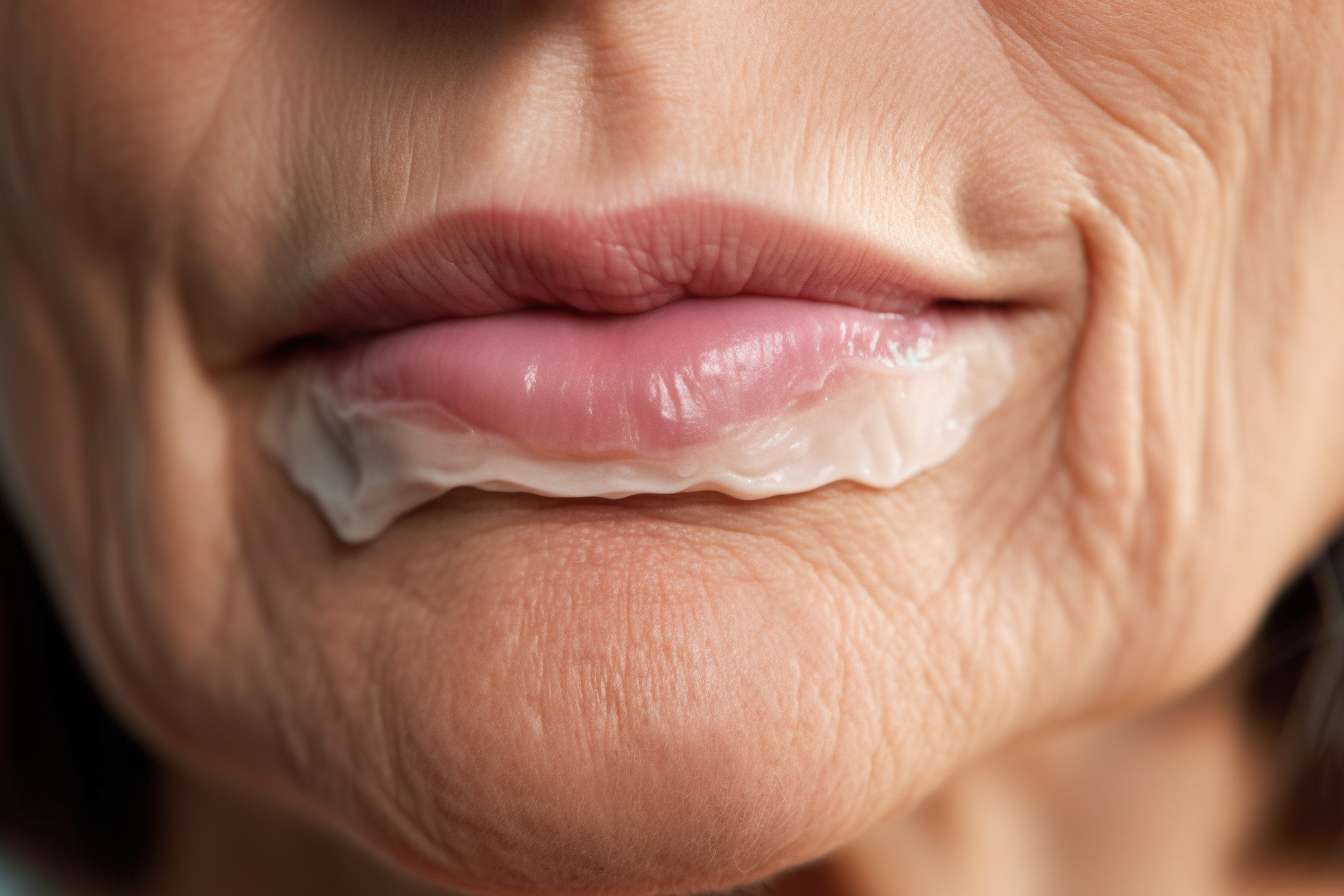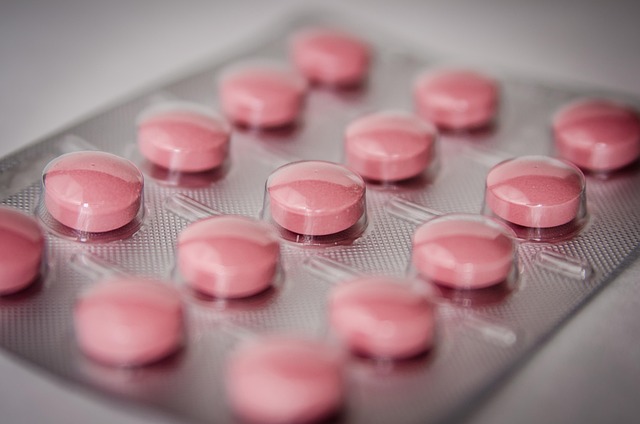Understanding Dark Spots Removal: Causes, Treatments, and Solutions
Dark spots on the skin, also known as hyperpigmentation, are a common concern for many individuals. These areas of discoloration can appear for various reasons and affect people of all skin types. This article explores the causes of dark spots, available treatment options, and effective skincare strategies to address this common skin condition.

-
Hormonal changes: Pregnancy, birth control pills, or hormonal imbalances can cause melasma, a type of hyperpigmentation.
-
Inflammation: Acne, burns, or other skin injuries can lead to post-inflammatory hyperpigmentation.
-
Aging: As we age, our skin becomes more susceptible to developing dark spots due to cumulative sun exposure and hormonal changes.
-
Certain medications: Some drugs can increase skin sensitivity to sunlight, making dark spots more likely to form.
How do skincare treatments address hyperpigmentation?
Various skincare treatments can help fade dark spots and even out skin tone:
-
Topical treatments: Over-the-counter and prescription creams containing ingredients like hydroquinone, kojic acid, or vitamin C can help lighten dark spots.
-
Chemical peels: These treatments use acids to remove the top layer of skin, promoting cell turnover and reducing the appearance of dark spots.
-
Microdermabrasion: This exfoliation technique can help improve skin texture and reduce the visibility of hyperpigmentation.
-
Laser therapy: Certain lasers target pigmented areas, breaking down excess melanin and promoting a more even skin tone.
-
Intense Pulsed Light (IPL): This treatment uses light energy to target and break down pigmented cells, helping to fade dark spots.
What are effective skincare strategies for preventing dark spots?
Prevention is key when it comes to managing hyperpigmentation. Here are some strategies to incorporate into your skincare routine:
-
Sun protection: Apply a broad-spectrum sunscreen with at least SPF 30 daily, even on cloudy days.
-
Gentle exfoliation: Regular, gentle exfoliation can help remove dead skin cells and promote cell turnover.
-
Antioxidant-rich products: Incorporate serums or moisturizers containing antioxidants like vitamin C or niacinamide to protect skin from environmental damage.
-
Consistent skincare routine: Maintain a regular skincare regimen that includes cleansing, moisturizing, and targeted treatments for hyperpigmentation.
-
Avoid picking or squeezing: Resist the urge to pick at acne or other skin irritations, as this can lead to post-inflammatory hyperpigmentation.
Are there natural remedies for treating dark spots?
While their effectiveness may vary, some natural ingredients are believed to help with hyperpigmentation:
-
Aloe vera: Known for its soothing properties, aloe vera may help reduce inflammation and promote skin healing.
-
Licorice extract: This natural ingredient contains compounds that may help inhibit melanin production.
-
Green tea: Rich in antioxidants, green tea may help protect the skin from damage and reduce inflammation.
-
Lemon juice: The citric acid in lemon juice may have a mild lightening effect, but it should be used cautiously as it can increase sun sensitivity.
-
Turmeric: This spice contains curcumin, which may help reduce melanin production and inflammation.
How long does it take to see results from dark spot treatments?
The timeline for seeing improvements in dark spots can vary depending on several factors:
-
Treatment type: Professional treatments like chemical peels or laser therapy may show faster results compared to at-home topical treatments.
-
Severity of hyperpigmentation: Deeper or more established dark spots may take longer to fade.
-
Skin type: Individual skin characteristics can affect how quickly treatments work.
-
Consistency: Regular use of treatments and proper sun protection are crucial for seeing results.
-
Underlying causes: Addressing the root cause of hyperpigmentation, such as hormonal imbalances, may be necessary for long-term improvement.
In general, it may take several weeks to months of consistent treatment to see noticeable improvements in dark spots. Patience and persistence are key when addressing hyperpigmentation.
Dark spots removal is a common skincare concern that can be addressed through various treatments and preventive measures. By understanding the causes of hyperpigmentation and exploring available options, individuals can work towards achieving a more even skin tone. Remember that consistency in skincare routines and sun protection are essential for managing and preventing dark spots in the long term.
This article is for informational purposes only and should not be considered medical advice. Please consult a qualified healthcare professional for personalized guidance and treatment.






